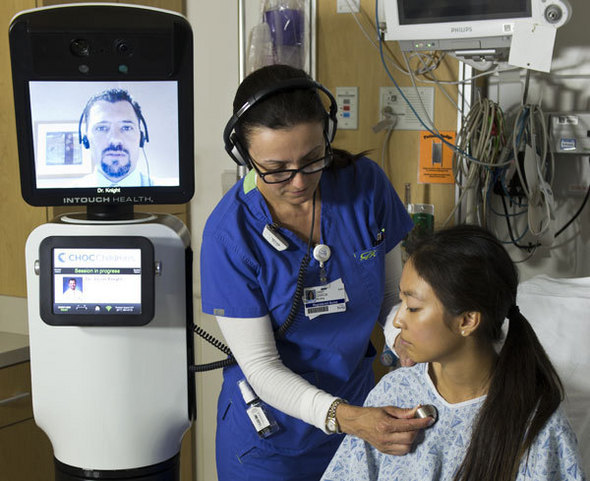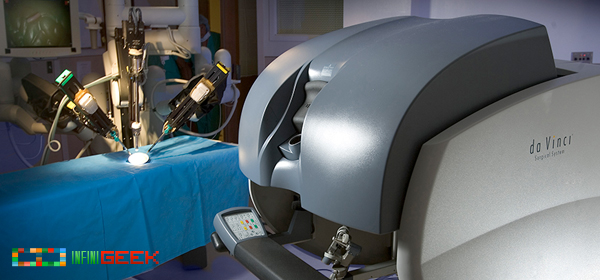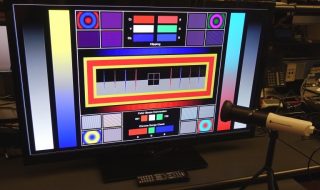
Medicine is always advancing, because researchers are always looking for new solutions and doctors always want to give their patients the most modern and effective care possible. But even by medicine’s ever-advancing standards, we’re living in a remarkable time. Technological advancement seems to be accelerating all around us – not just in medicine, but all over. Our computers are getting smaller and more powerful, and that’s affecting everything from our phones to our cars. It’s affecting medicine, too: technology is changing care for the better every day.
Tailored care

5 Amazing Ways That Robots Are Being Used In Medicine
Doctors have been specializing for centuries, so there’s nothing new about visiting one doctor for a head injury and a different one for a foot injury. But some of the ways in which experts are further specializing are remarkable. Modern doctors don’t just specialize in certain areas of the body – they specialize in certain types of injuries. Take, for instance, chiropractors who start accident recovery centers. They’re combining their extensive knowledge of bones, joints, and nerves with an increasing understanding of how car accidents can affect those parts of the body.
Mister Roboto gets his medical degree

Enlivening Artificial Intelligence
That’s Doctor Roboto to you! While we’ll always have a need for talented neurosurgeons and open-heart surgeons, we’re seeing an increasing number of surgeries aided by robots. Yes, robots. Though it may sound frightening at first, surgical robots can actually make surgeries far safer. A robot can make precision movements, and its design isn’t limited the way a human surgeon’s is – while a surgeon always has hands with palms and fingers, a robot can be designed to make incisions and tie surgical knots just as dexterously with much tinier instruments than fingers or hands. That can mean more minimally invasive surgical options, which in turn can mean lower risks and faster recovery times. A robot with a camera and slender extremities can perform complex surgeries through a much smaller incision than would traditionally be needed. The doctor is still in control, of course, but he or she no longer needs to be able to fit fingers and instruments into the patient’s body.
Patient interactions

Will We Be Using Digital Pathologists Soon?
There are plenty of incredible things happening behind the scenes in medicine. You’ll feel the benefits of these advancements when your surgical risks come down, but you may not see them – after all, you’ll be out cold while they work!
Other advances, though, are very obvious to patients. Things that were once done by hand, such as scheduling appointments and keeping medical records, are now being done on computers. That’s good news for us patients! Our computerized records can be more quickly transferred between doctors or to specialists. Advanced patient management systems make it easy for our doctors’ offices to keep things like appointment reminders accurate and reliable.
No aspect of medicine – from the way we make appointments to the way our surgeons work – has gone untouched by technological advancement. We’re living in an incredible time for medicine, and care is only getting better.




